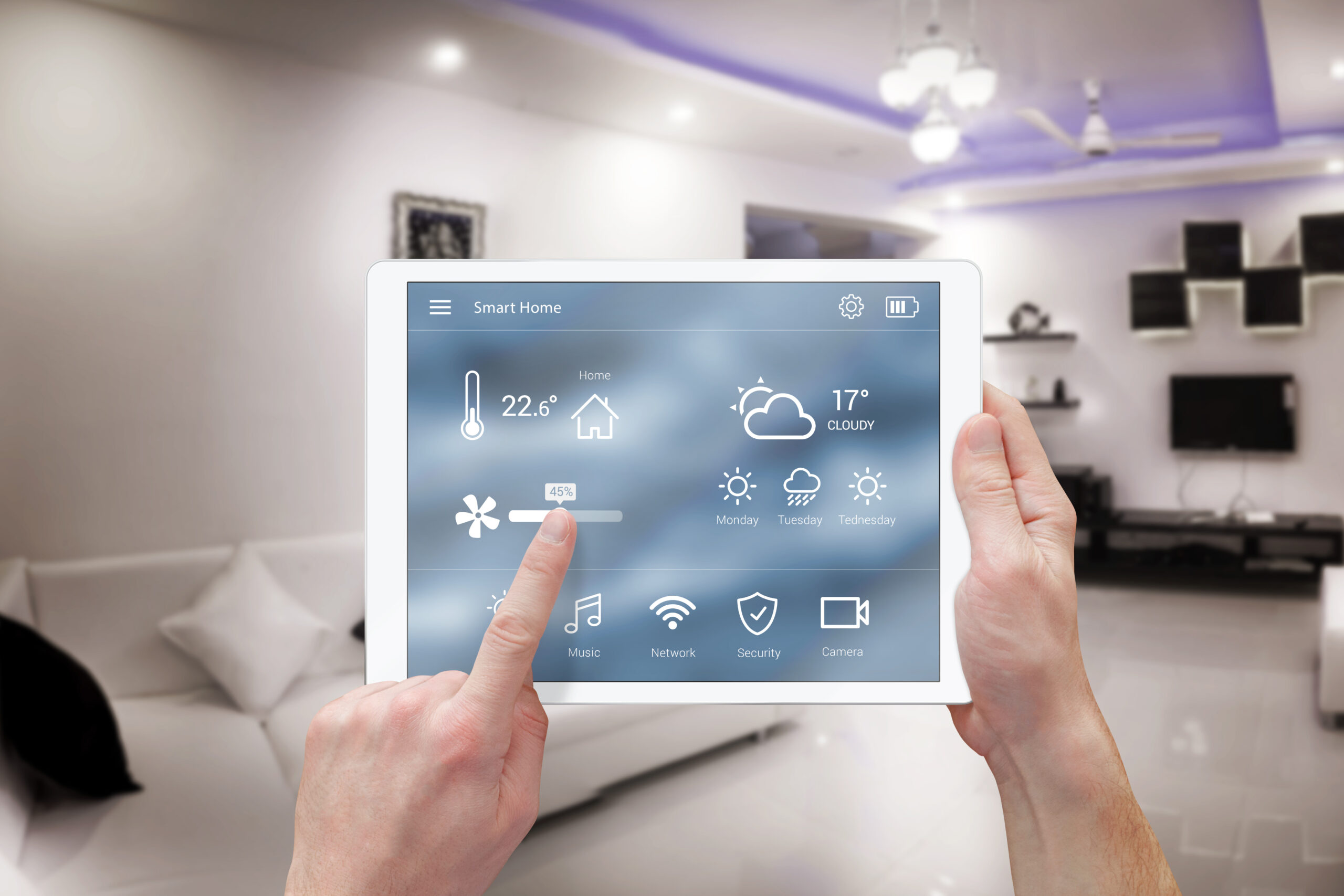Title: The Future of Smart Living: Exploring Home Automation Systems
Introduction:
In the era of interconnected devices and smart technology, home automation systems have emerged as a game-changer in making our living spaces more convenient, efficient, and secure. These intelligent systems integrate various devices and appliances, allowing homeowners to control and automate various aspects of their homes with ease. In this article, we will delve into the realm of home automation systems, exploring their benefits, components, and the endless possibilities they offer for creating a truly smart home.
1. Understanding Home Automation Systems:
Home automation systems utilize technology to connect and control various devices and systems within a home. These systems enable homeowners to automate and remotely manage functions such as lighting, temperature, security, entertainment, and more.
2. Benefits of Home Automation Systems:
a. Convenience and Comfort: Home automation systems offer unparalleled convenience, allowing homeowners to control and manage multiple aspects of their homes with a single interface or voice command. From adjusting lighting levels to regulating thermostats, automation systems streamline daily routines and enhance comfort.
b. Energy Efficiency: Home automation systems enable energy optimization by automating the control of lighting, heating, and cooling based on occupancy and time schedules. Smart sensors and programmable settings help reduce energy waste and lower utility bills.
c. Enhanced Security: Automation systems integrate security features, including smart locks, cameras, and motion sensors, providing homeowners with remote access and real-time monitoring. These systems enhance home security and offer peace of mind.
d. Entertainment and Multimedia Control: Home automation systems consolidate control over audiovisual equipment, allowing seamless management of home theaters, sound systems, and multimedia devices. With just a few taps or voice commands, homeowners can create immersive entertainment experiences.
e. Home Monitoring and Maintenance: Automation systems can provide valuable insights into home operations, enabling homeowners to monitor energy usage, appliance performance, and potential maintenance needs. This proactive approach helps identify issues before they escalate, ensuring a well-maintained home.
3. Components of Home Automation Systems:
a. Smart Devices: These include smart thermostats, lighting systems, security cameras, door locks, voice assistants, and more. These devices communicate and integrate with each other to create a cohesive smart home experience.
b. Central Hub or Controller: A central hub or controller acts as the brain of the home automation system. It connects to and communicates with smart devices, allowing homeowners to manage and control them through a unified interface or smartphone application.
c. Connectivity and Networking: A robust and secure home network is essential for seamless communication between devices. Reliable Wi-Fi or wired connections ensure efficient data transfer and control.
4. Considerations for Home Automation System Implementation:
a. Planning and Integration: Determine your specific automation needs and prioritize areas of your home that would benefit most from automation. Consider compatibility and integration of devices and systems to ensure a seamless experience.
b. Scalability and Expandability: Opt for a home automation system that allows future expansion and integration of new devices and technologies as they become available. A flexible system ensures compatibility with evolving smart home trends.
c. Security and Privacy: Protect your smart home by implementing strong security measures, such as secure Wi-Fi networks, strong passwords, and regular firmware updates. Understand the data collection and privacy policies of the automation system provider to ensure your information remains secure.
d. User-Friendly Interface: Choose an automation system that offers an intuitive and user-friendly interface for easy control and customization. Ensure compatibility with various operating systems and devices for a seamless user experience.
Conclusion:
Home automation systems are transforming our living spaces, making them smarter, more efficient, and secure. By integrating devices and systems, these systems offer convenience, energy efficiency, enhanced security, and entertainment control. As technology advances, home automation will continue to evolve, offering endless possibilities for creating a truly smart home.





